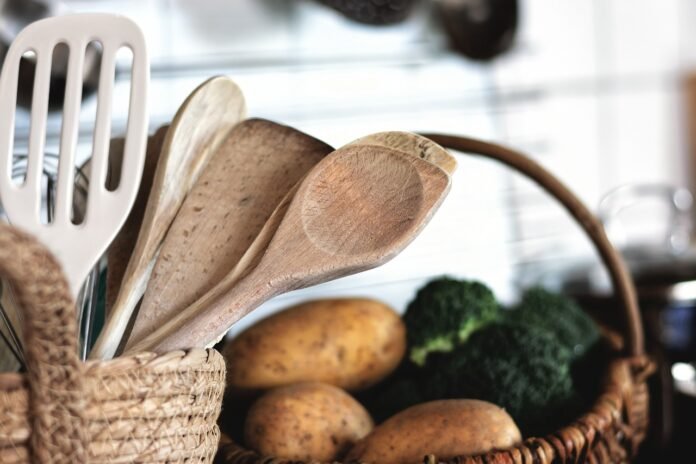Marination: The Art of Enhancing Flavor and Tenderness
Marination, the process of soaking food in a flavorful liquid, is a culinary technique that transforms ordinary ingredients into extraordinary culinary creations. By submerging meat, seafood, or vegetables in a marinade, you not only enhance their flavor but also tenderize them, resulting in dishes that are both tantalizing and succulent.
The Benefits of Marination
- Flavor penetration: Marinades infuse food with complex flavors, reaching deep into the tissues to create a rich and evenly distributed taste experience.
- Tenderization: The acids in marinades, such as vinegar, citrus juice, or yogurt, break down tough proteins, resulting in more tender and flavorful meat or seafood.
- Moisture retention: Marinating helps keep food moist during the cooking process, preventing dryness and enhancing the overall juiciness and flavor.
- Preservation: Marinades can act as a protective barrier, preventing the growth of bacteria and extending the shelf life of food.
Types of Marinades
Marinades vary widely in their composition, but they all share a common goal: to add flavor and tenderize food.
- Oil-based marinades: These marinades typically consist of olive oil, vegetable oil, or a combination of both. They are ideal for meats that have a higher fat content, such as pork chops or steaks.
- Acidic marinades: These marinades use an acidic base, such as vinegar, citrus juice, or buttermilk, to break down proteins. They are suitable for leaner meats, seafood, and vegetables.
- Water-based marinades: These marinades are made with water as the base and are often used for delicate foods or marinating for short periods of time.
Marinade Ingredients
Marinades can include a wide range of ingredients to create a symphony of flavors:
- Herbs and spices: Add aromatic notes to the marinade, such as basil, oregano, thyme, or chili flakes.
- Flavorings: Enhance the depth of flavor with ingredients like soy sauce, fish sauce, or Worcestershire sauce.
- Vegetables: Add texture and nutrition to the marinade with onions, garlic, ginger, or bell peppers.
- Fruit acids: Acids from fruits like lemon, lime, or pineapple help break down proteins and balance the flavors.
- Dairy products: Yogurt or buttermilk tenderizes meat and adds a creamy texture to the marinade.
Marinating Methods
The method of marinating depends on the type and thickness of food you are marinating.
Brining
Brining is a process where meat or fish is soaked in a saltwater solution for an extended period of time, up to several hours. This method is particularly effective in tenderizing large cuts of meat and poultry.
Wet Marinating
This involves submerging the food in a marinade for at least 30 minutes, up to overnight. The marinade should completely cover the food, and the food should be turned occasionally to ensure even distribution.
Dry Marinating
In this method, the food is coated with a dry rub consisting of herbs, spices, and salt. The rub is applied generously and refrigerated for at least 2 hours, up to overnight.
Marinating Times
The optimal marinating time depends on the food, the type of marinade, and the desired level of flavor and tenderness.
- Meats: Marinate for 4-12 hours or up to overnight for large cuts.
- Seafood: Marinate for 15-30 minutes, as over-marinating can make seafood mushy.
- Vegetables: Marinate for 30-60 minutes or up to 2 hours for sturdier vegetables like carrots or zucchini.
- Fruits: Marinate for 15-30 minutes to prevent them from becoming too soft.
Conclusion
Marination is a culinary technique that transforms ordinary ingredients into extraordinary culinary delights. By understanding the types, ingredients, methods, and marinating times, you can unlock a world of flavors and textures. Embrace the art of marinating to create dishes that will tantalize your taste buds and leave a lasting impression on your guests. Experiment with different flavors and ingredients to discover your own culinary masterpieces.


